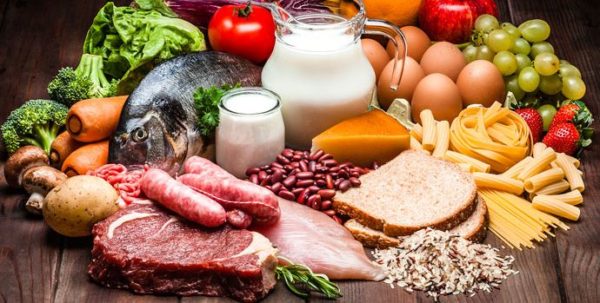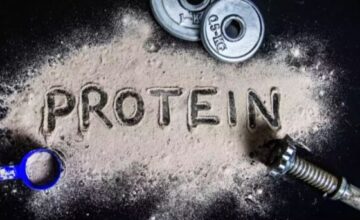
Much like building blocks, protein is a vital element in our body – performing a range of functions that make proteins irreplaceable.
The body constantly needs protein, not only to make new cells, but also repair existing tissues and cells, making their consumption vital to good health.
Protein deficiencies while rare, can occur in someone with a restrictive diet or medical condition. When you aren’t getting enough protein in your diet, your body has different ways of letting you know.
Here are the biggest tells of a protein deficiency:
1. Loss of muscle mass
A loss of muscle mass is often one of the first signs of inadequate protein intake. This is because, when the body is running low on dietary protein, it tends to take the needed protein from our muscles. Over time, this leads to muscle wasting. It is essential to get the protein you need to build healthy muscle.
2. Thinning hair, brittle nails, skin problems
Since protein is an essential part of your skin, hair and nails, their health can be a good indicator of a lack. You may see redness on the skin, nails can feel softer and your hair can become more brittle over time. Hair can lose some of its luster, and may not be quite as thick as it used to be. It may also start to split. Biotin, which is found in protein-rich foods, is essential for naturally healthy hair, skin, and nails.
3. Bigger appetite and increased calorie intake
When you aren’t getting an adequate amount of protein, your body tends to respond by actually feeling hungrier. And in general, the increase in hunger tends to revolve around sugar cravings. Sufficient protein intake may keep you satisfied for a longer period, thereby preventing cravings and hunger pangs.
4. Fragile bones
5. Slow healing injuries
Have any wounds that just don’t seem to be healing as fast as usual? This could have something to do with your protein levels. It is essential to get the recommended daily minimum of protein to help heal and speed up sport-related injuries.
6. A compromised immune system
A deficiency in the amino acids found in protein can increase your risk of contracting a disease. It takes a toll on your immunity, and may disable your body’s ability to fight infections. Research suggests that consuming protein, whey protein in particular, can help strengthen the immune system and fend off illnesses.


